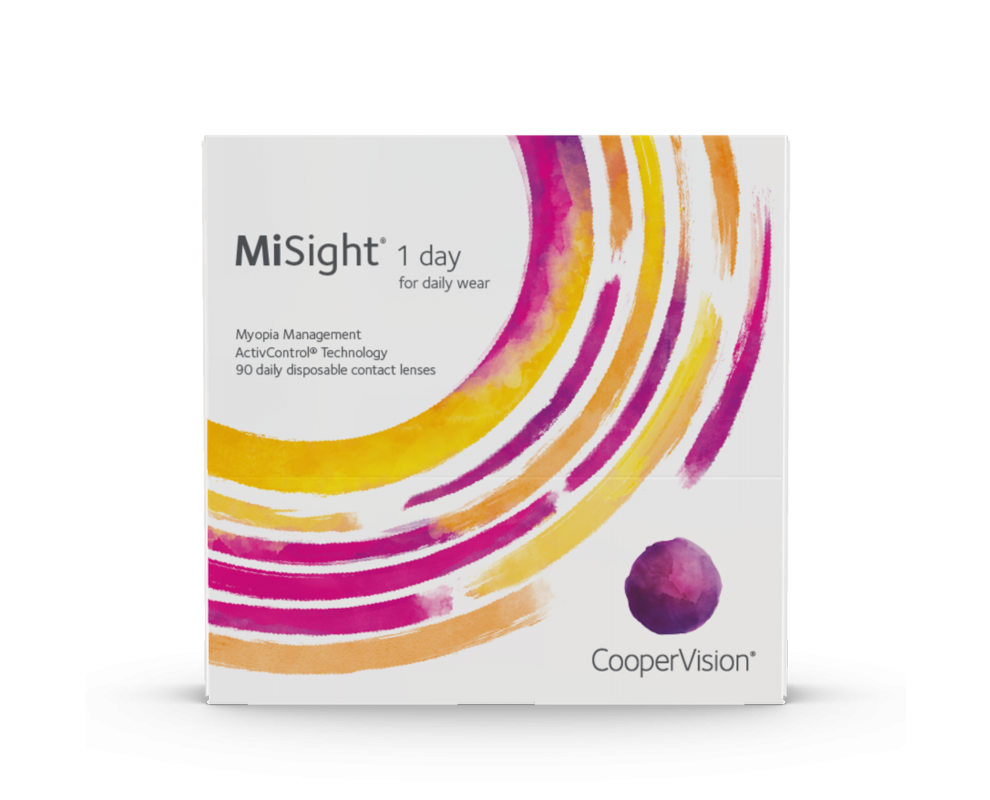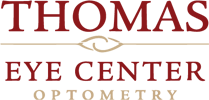NEARSIGHTED MANAGEMENT
Childhood MyopiaSpecialized Treatment for
Childhood Myopia
Myopia, or nearsightedness, is a common vision problem that affects many children. At Thomas Eye Center in Athens, GA, we offer management for children and teens to help treat or slow the progression of myopia.
What is Nearsightedness or Myopia?
Nearsightedness is a refractive error in which the eye is able to focus on close objects, but has difficulty seeing objects in the distance. In other words, the eye is too long or the cornea is too curved, causing light to focus in front of the retina instead of on it.
In children, nearsightedness often begins to develop between the ages of 6 and 14, and may progress until the age of 20. It can be inherited, and children who have one or both parents with nearsightedness are more likely to develop it themselves. Some research suggests that excessive screen time can contribute to the development of childhood myopia.
Symptoms of Nearsightedness in Children
Symptoms of nearsightedness in children may include squinting, headaches, eye strain, or difficulty seeing distant objects such as the board at school. Some children may also have trouble with depth perception, which can affect their ability to participate in sports or other activities.
Childhood Nearsightedness Treatment
Nearsightedness can be diagnosed through a comprehensive eye exam. Myopia cannot be cured, but it can be treated and managed. Treatment for nearsightedness in children may include eyeglasses or contact lenses to correct the refractive error. Specialized contact lenses are also available to manage the progression of myopia.
Contact Lenses
Contact lenses that improve vision are an option for children who prefer them. There is no age requirement, but your child should be able to tolerate inserting the contact and also practice good hygiene. Contact lenses that are not cared for properly on a daily basis could lead to eye infections.
Specialized Contact Lenses
MiSight® 1 day contact lenses for daily wear are the first FDA approved myopia management to help slow down the progression of myopia.
These child-friendly daily disposable contact lenses are proven to slow the progression of nearsightedness in children aged 8-12 at the initiation of treatment.
Children can stay enrolled in the program till late teens or early twenties.

Get Ahead of Childhood Nearsightedness
It’s important for children to have regular eye exams, as undiagnosed nearsightedness can lead to eye strain, headaches, and difficulty with learning and academic performance. Early detection and treatment of nearsightedness can help children maintain good vision and avoid potential complications later in life.
